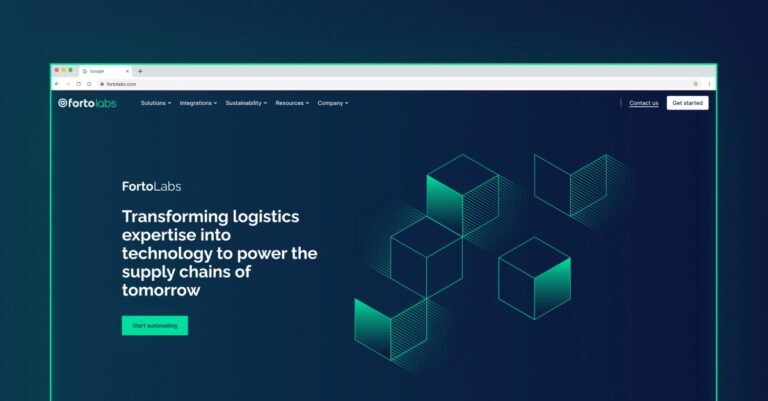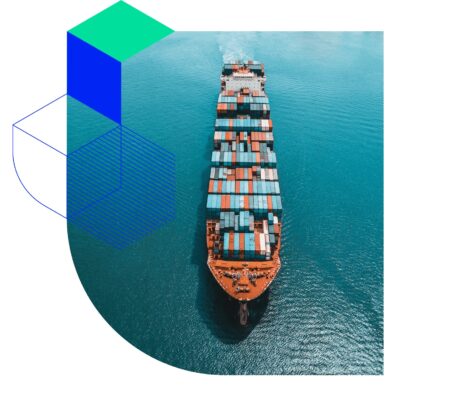
Efficient communication and centralized documentation help you save valuable time when coordinating with your suppliers.
- Fast and easy booking
- Centralized document access
- Streamlined communications
- 24/7 access to reporting and data
NEW: Forto’s SaaS platform FortoLabs – Agentic AI solutions for the logistics industry
NEW: FortoLabs
Fast, efficient, and sustainable transport solutions powered by advanced tech and extensive logistics expertise

Advanced technology, superior data, and industry expertise combined to easily ship your cargo and deliver the service quality your business deserves.
An intuitive customer platform
Have full visibility for your shipments, receive timely notifications, and benefit from streamlined, seamless communication with your suppliers.
More about our platformLogistics experts backed by AI technology
Dedicated specialists, assisted by AI-powered technology, offer proactive, personalized support through Forto's proprietary transport management platform.
More about our customer team
Industry-leading data quality
Forto offers industry-leading data quality to ensure reliable insights and help you make better business decisions.
More about our data qualityManage and track your shipments through Forto’s platforms. Advanced Notifications and Forto’s superior data quality enable you to stay on top of any disruptions and mitigate risks to your business.
Strategically located around the globe, supported by a growing network of international partners.

Resource - Report
Subscribe for industry news, Forto updates, and critical insights into capacity, rates, and space availability